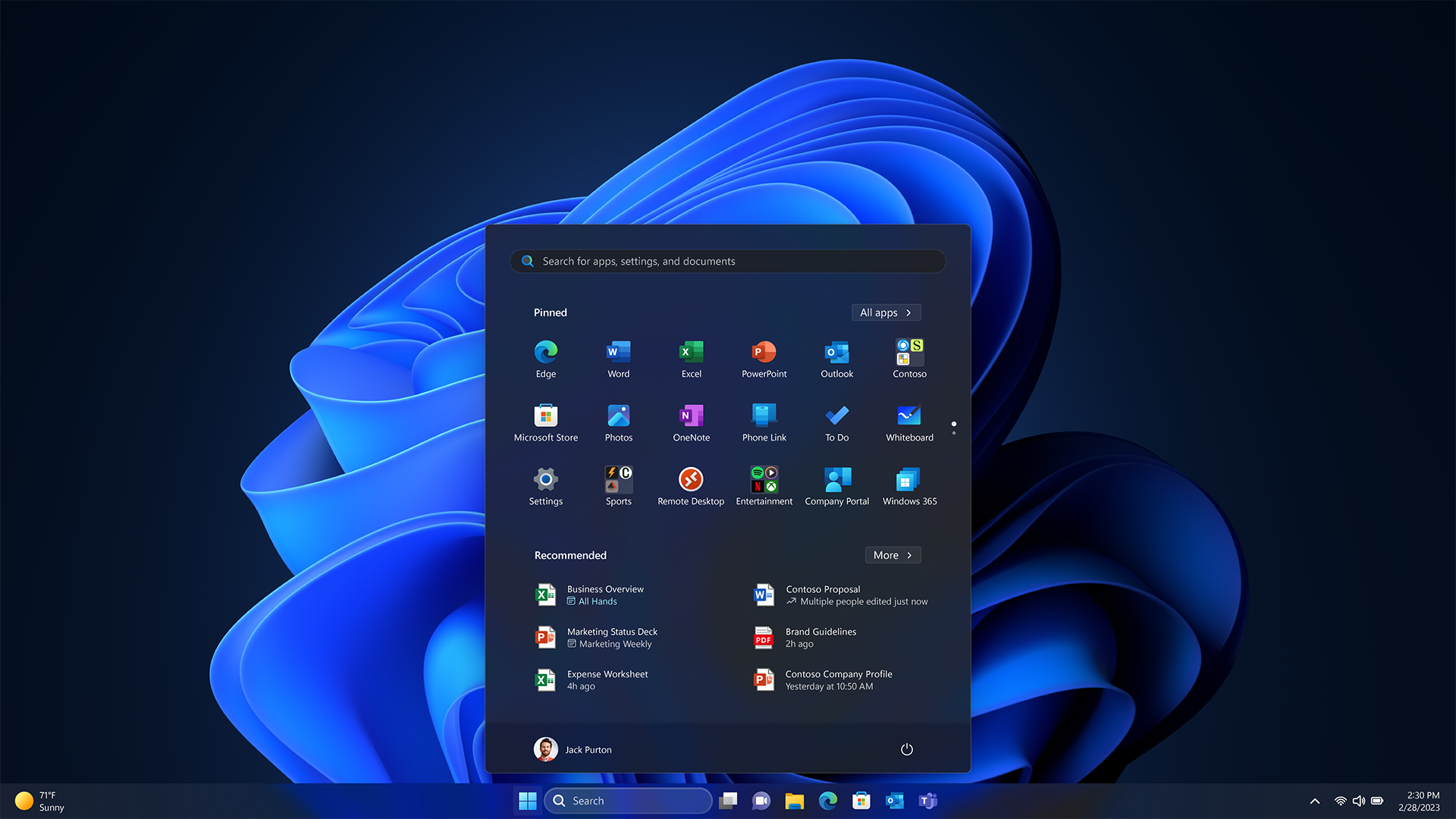As Microsoft gears up for the release of Windows 11 version 24H2, expected to hit the market in September or October 2024, there is heightened anticipation around its AI-centric updates. One of the standout features, the AI File Explorer—touted as a modern successor to Cortana—is setting the tech community abuzz.
However, this update comes with a caveat: stricter system requirements that may leave some PCs behind.

Microsoft Ramps Up AI Capabilities in Windows 11
The forthcoming version of Windows 11 is not just another routine update; it is heavily laden with AI integrations that necessitate advanced hardware capabilities. Initially, it was thought that only the PopCnt instruction set was essential.
Yet, recent developments suggest a mandatory inclusion of the SSE4.2 instruction set. This addition means older CPUs lacking this specification will not support the upcoming Windows 11 24H2 version, even with the previously utilized bypass tricks exclusive to the latest Windows versions.
"Microsoft's upcoming Windows 11 'AI Explorer' update might be exclusive to Arm devices in major blow to Intel's "AI PCs" "https://t.co/QaOBsqatyd
— Shameer Mulji (@shameermulji) April 18, 2024
Introducing the AI File Explorer: A Leap Forward in Desktop Management
As described in early reports from March, the AI File Explorer, also known as the Advanced Copilot, represents a significant evolution from the now-defunct Cortana app, which Microsoft discontinued in August of the previous year.
This new feature aims to enhance how users interact with their files, potentially transforming everyday tasks with AI-driven efficiency and insight.

System Requirements: Ensuring Compatibility
In a revelation by Twitter (formerly known as X) user Albacore, it came to light that systems not meeting the new requirements will receive a warning message. This is akin to previous alerts about missing the PopCnt instruction or other compatibility issues but with a focus on the new AI-driven features.
Interestingly, Microsoft has specified that an ARM64 processor is necessary for the AI File Explorer. This requirement suggests that the feature might initially be exclusive to Microsoft’s Surface devices or similar hardware.
However, given Microsoft’s recent announcement of AI PCs in collaboration with AMD, there is speculation that support might extend to AMD64 ISA, potentially accommodating x86 PCs.
Moreover, alongside the ARM64 CPU requirement, Microsoft recommends having at least 16GB of system memory to effectively run the AI File Explorer. This specification underscores the resource-intensive nature of the new AI features integrated into Windows 11 24H2.

Preparing for the Future
As Microsoft continues to push the boundaries of what’s possible with its operating systems, users will need to evaluate their hardware’s readiness for these advancements.
The integration of AI into everyday computing tasks is becoming a standard, and with these developments, Microsoft is leading the charge toward a more intelligent, efficient, and user-centric computing experience.
For users, the transition might mean upgrading hardware, but the promise of a more streamlined and smart technology environment could well be worth the investment.


